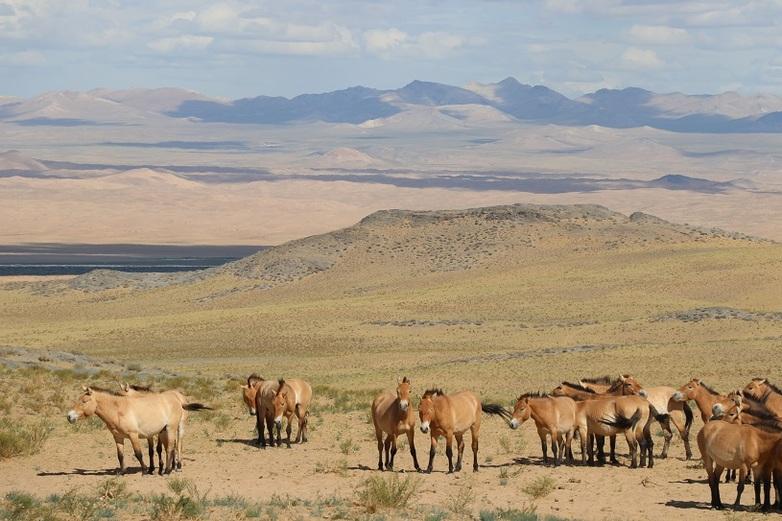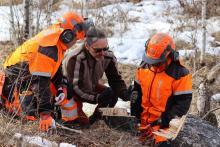Promoting protected areas for climate-friendly forestry and environmental awareness
-
Client
- Bundesministerium für wirtschaftliche Zusammenarbeit u. Entwicklung
-
Country
- Mongolia
-
Runtime
- –
-
Partner
- Ministry of Environment and Climate Change
Bastian Flury

Last update: March 2025
Context
Biodiversity in Mongolia is crucial to its economy and culture with large areas of the country designated as protected. However, climate change and overuse are threatening forests and biodiversity. Intensive pasture farming is further destroying ecosystems and endangering natural resources such as soil and water.
Nature and forest conservation is being hampered by limited administrative powers for protected and commercial forest areas, legal loopholes and poorly developed deforestation-free supply chains in the forestry sector. Mongolia's forest area is large, but it contributes little to the economy.
Objective
Strategies for managing protected areas and forests in environmentally friendly, economically viable and gender-sensitive ways are being implemented in selected protected areas and are being supported by the population.
Approach
The project supports Mongolia in sustainably managing and conserving forests, thereby contributing to Mongolia's Vision 2050 and the United Nations Sustainable Development Goals.
Together with the Mongolian Ministry of Environment and Climate Change (MECC) and key stakeholders, the project is driving forward reforms in protected areas and forestry. It advises on laws and regulations, promotes models for managing forests with the population and for financing them independently, for example through green tourism. It is also integrating sustainable supply chains, e.g. for charcoal, which can secure local incomes and preserve ecosystems.
The project is training public and private sector representatives in forestry and agriculture and uses environmental education to raise public awareness of nature conservation.
In a by the European Union (EU) additionally financed component the project supports farmers in producing and processing products in sustainable ways. The implementing partner here is the Food and Agriculture Organization of the United Nations (FAO).